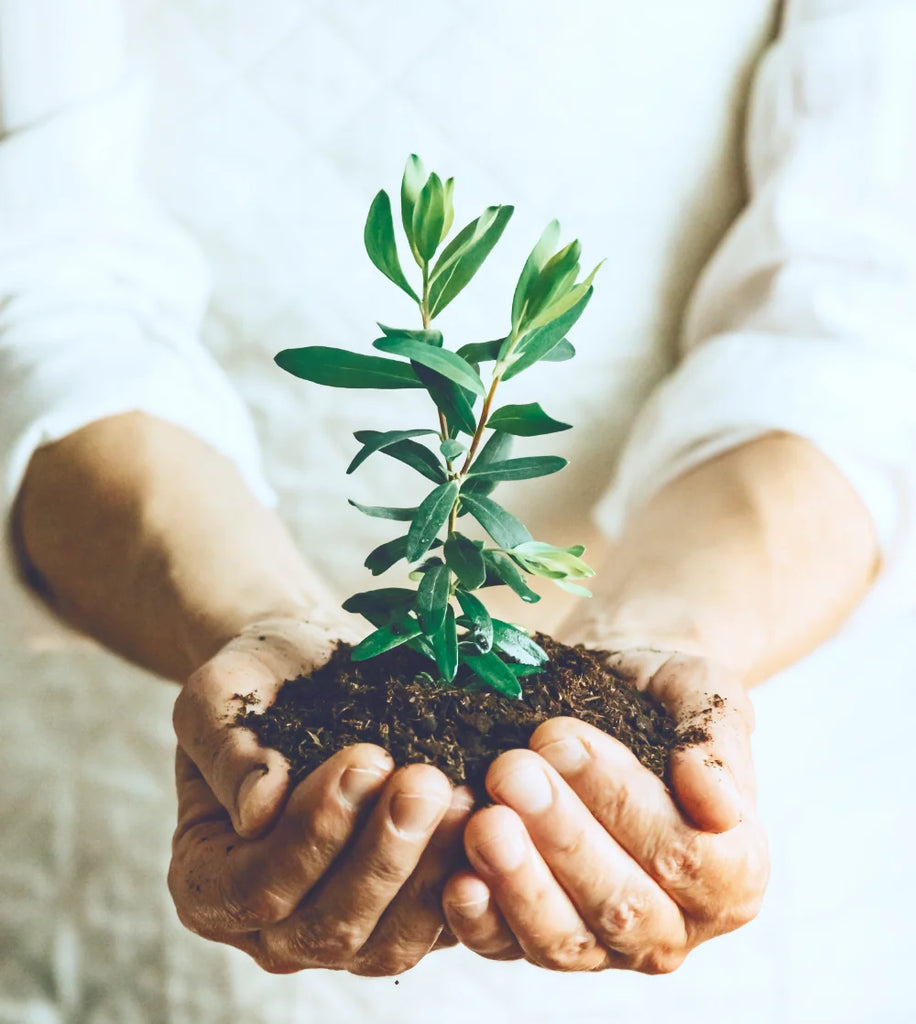
The Symbolism of Elephants Across Cultures: A Global Perspective, and Why Elephas Coffee Chose the Elephant as Their Logo

Elephants are majestic creatures that have captured the imaginations of people around the world for centuries. With their impressive size, intelligence, and social complexity, elephants hold significant symbolic importance in various cultures and traditions. From Africa to Asia, and beyond, let's explore what the elephant represents to different cultures across the globe, and why Elephas Coffee chose the elephant as their logo.
-
Africa: Wisdom, Strength, and Family Bonds
In many African cultures, the elephant is revered as a symbol of wisdom, strength, and resilience. Known for their intelligence and ability to navigate harsh environments, elephants are admired for their resourcefulness and adaptability. Additionally, elephants' strong family bonds and matriarchal social structures symbolize the importance of community, unity, and familial ties in African societies.
-
India: Wisdom, Prosperity, and Remover of Obstacles
In Hinduism, the elephant-headed deity Ganesha is one of the most revered and beloved figures in the pantheon. As the remover of obstacles and the patron of wisdom, knowledge, and success, Ganesha is often depicted with the head of an elephant and the body of a human. Ganesha's elephant head symbolizes intellect, discernment, and the ability to overcome challenges, while his large ears represent the importance of listening and learning.
-
Southeast Asia: Royalty, Power, and Protection
In countries like Thailand and Cambodia, elephants have long been associated with royalty, power, and protection. Historically, elephants were used as symbols of royal authority and were often depicted in royal ceremonies, processions, and military campaigns. Today, elephants continue to hold a special place in Southeast Asian cultures, with their images adorning temples, palaces, and cultural artifacts as symbols of strength, majesty, and protection.
-
China: Longevity, Good Luck, and Prosperity
In Chinese culture, the elephant is considered a symbol of longevity, good luck, and prosperity. The elephant's association with auspiciousness and fortune stems from ancient Chinese folklore and mythology, where elephants were believed to bring blessings and positive energy. In feng shui, an upward-facing elephant trunk is thought to symbolize the showering of blessings and abundance, making elephant motifs popular in art, decor, and architecture.
-
West Africa: Guardianship, Spirituality, and Ancestral Connections
In West African cultures, particularly among the Akan and Yoruba peoples, elephants are revered as symbols of guardianship, spirituality, and ancestral connections. The elephant is often associated with deities and spiritual beings that protect and guide the living, as well as ancestors who watch over their descendants from the spirit world. Elephants also play a central role in traditional ceremonies, rituals, and folklore, symbolizing the enduring presence of the divine and the interconnectedness of all living beings.
In addition to its rich cultural symbolism, Elephas Coffee chose the elephant as its logo for its embodiment of many of the qualities that the company values. Elephas Coffee believes in the strength, wisdom, and unity represented by elephants across cultures. The elephant logo serves as a reminder of Elephas Coffee's commitment to ethical sourcing, community engagement, and environmental stewardship in the coffee industry.
By choosing the elephant as its logo, Elephas Coffee honors the cultural significance of this magnificent creature while symbolizing its dedication to creating positive social and environmental impact through its sustainable coffee practices. Just as the elephant is a symbol of strength, wisdom, and resilience, Elephas Coffee aims to empower coffee farmers, support local communities, and promote sustainable coffee production for generations to come.











